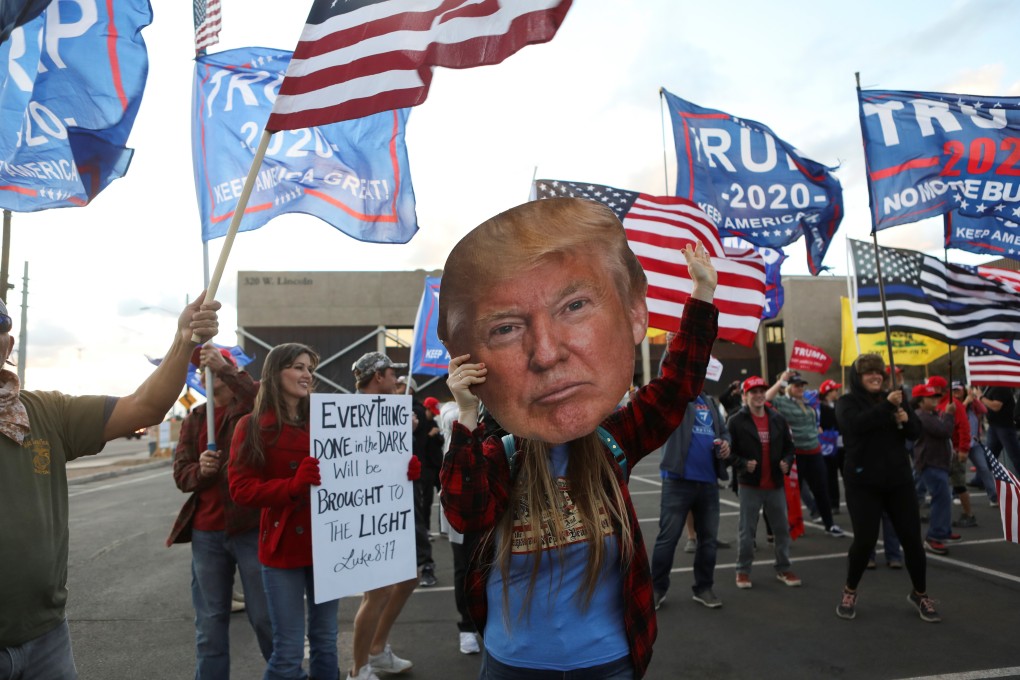Biden’s No 1 task: to see America through the pandemic and limit its impact on the economy
- Further fiscal stimulus support must also be high on his list of priorities, given that some earlier measures have expired
- A divided Congress means Biden must operate down the middle to gain bipartisan support, which will be challenging given the deep rifts

Instead of a “blue wave” where the Democratic Party won the White House, Senate and the House of Representatives, the election results were closer than polls suggested. The Democrats were unable to expand their majority in the House. The Senate will remain in Republican control if they can win at least one of the two run-off elections in Georgia on January 5.
The relatively close results have symbolic and practical implications as Biden plans for his administration. Symbolically, Republican politicians might argue that the Democrats do not have a strong mandate from voters to pursue their policies.
Practically, a divided Congress means Biden will need to operate down the middle of the road to gain bipartisan support, which is challenging given the deep rift between the two parties.

02:01
Disbelief among Trump voters in Pennsylvania as Pence says US presidential election ‘ain’t over’
Biden’s cabinet appointments must be confirmed by the Senate, which Republicans are likely to control. Rejecting a nomination is rare, with the last rejection coming in 1989. An administration is more likely to withdraw a nomination if it is unlikely to be confirmed by the Senate to avoid embarrassment, especially for a president-elect.
